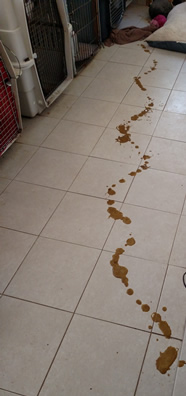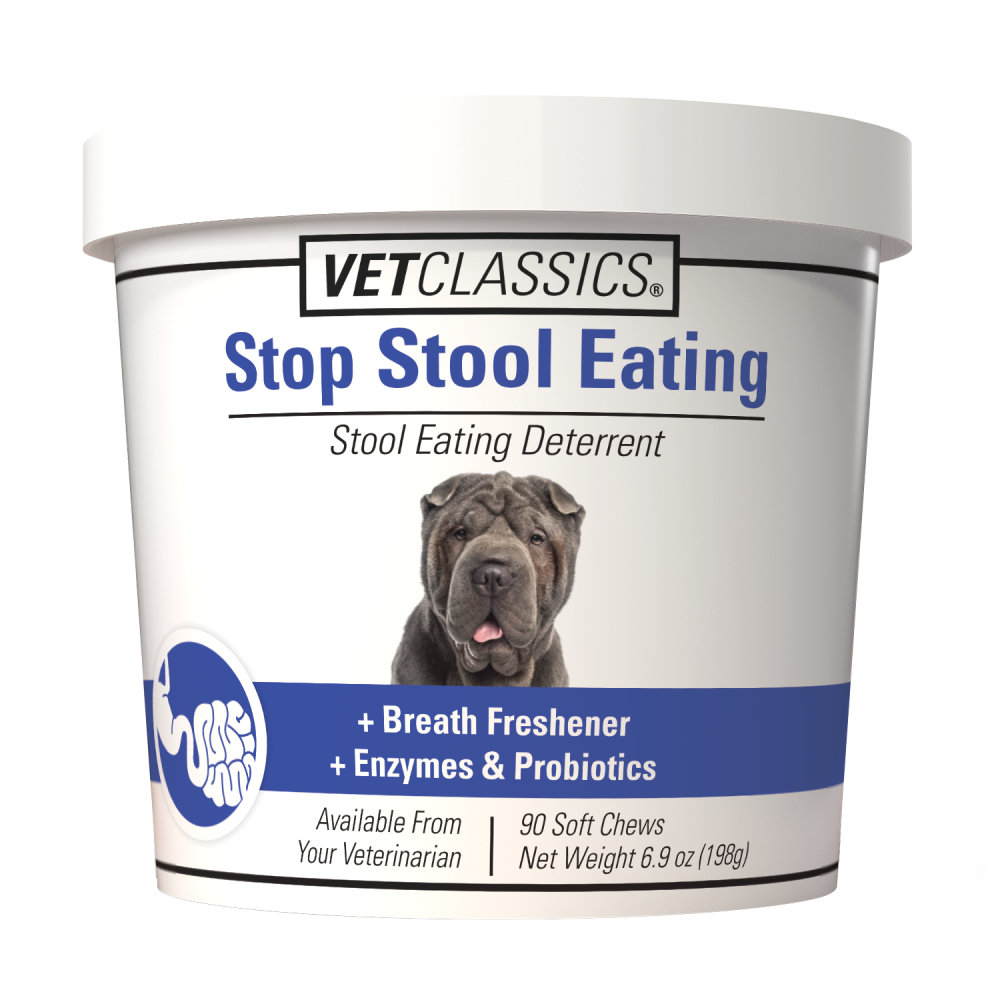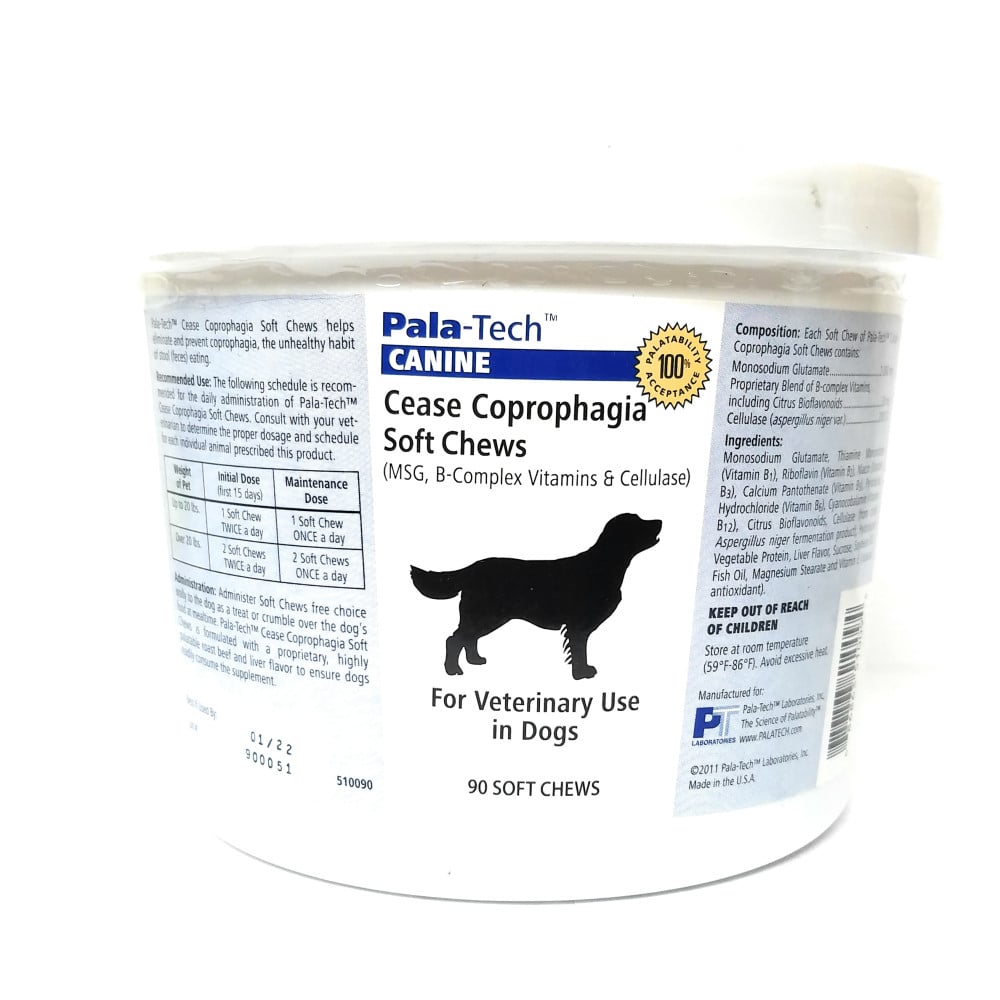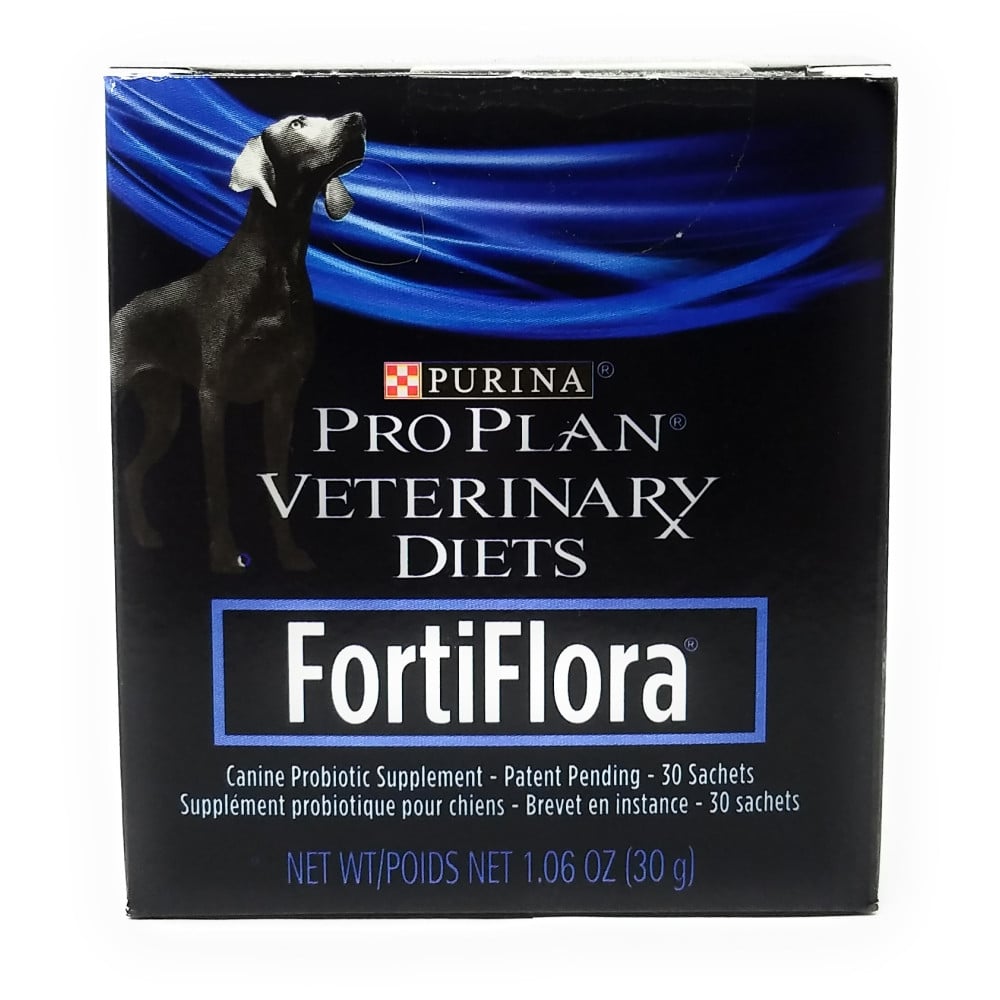Digestive Upset and Diarrhea
First of all, while it's messy and stinky - it's not uncommon. Dogs can get diarrhea for a number of reasons and often it will just clear up on it's own. Of course, if you're cleaning up the mess, you usually don't have the patience to wait it out. And you should never wait it out if the dog appears sick in any other way, the smell is particularly nasty, or is bloody, really watery or the dog is vomiting too. If you have any doubt, get the dog to a veterinarian.
Some Malamutes are also prone to occasionally doing what I call "urping up in the morning" (I don't know if that is the technical term :). Some dogs will hack and gag, and vomit a small amount of yellow bile first thing in the morning. This seems to be related to having an empty stomach, stress or possibly having to go potty - but other times it has no apparent cause. Unless it's happening EVERY day, don't worry about it. It's normal.
Diarrhea is the passing of loose or liquid stool, more often than normal. Diarrhea can be caused by diseases of the small intestine, large intestine or by diseases of organs other than the intestinal tract - or it can be caused by stress, protozoa, parasites,or something he ate. It is also a symptom of Inflammatory bowel disease and distemper so never let it go on for more than a couple of days without getting it checked out by a vet. Take a fresh stool sample so he can check for parasites or blood.
Worms and Guardia can cause small intestinal diarrhea. Foreign bodies including bones, sticks and other objects can pass through the stomach and get stuck in the intestine causing both diarrhea and vomiting. These same foreign materials may pass through the intestinal tract without getting stuck but may irritate the lining of the intestinal tract causing diarrhea. A sudden change in diet can cause diarrhea with or without vomiting. Food allergies in dogs and cats can cause diarrhea, vomiting or itchy skin. Toxins including lead and insecticides can cause diarrhea usually with vomiting. Inflammatory bowel disease (IBD) occurs commonly in both dogs and cats. In IBD the walls of the intestine contain abnormal numbers of inflammatory cells which can be eosinophils, lymphocytes or plasma cells. The cause of IBD is not known but is suspected to be an allergic reaction to components of food, bacteria or parasites. Tumors of the intestine are another cause of diarrhea usually occurring in older Malamutes.
So now that you're scared to death what it could be - let me reassure you - it's probably none of those things. Malamutes will eat all kinds of dead and rotting things in the back yard, surf the garbage and some can even have sensitive tummies (although most are lead-lined I swear!). When your Malamute gets a bout of diarrhea the first thing to consider is what did he get into and does he have any other symptoms? Lethargy, vomiting, blood are all areas of concern. Malamutes are notorious for drinking out of puddles, checking out other dogs' poop and trying to eat any rotting dead bird they find. It comes with the territory.
Some of the best home remedies for non-specific diarrhea - the kind not caused by nothing in particular (that rotting bird or nasty puddle water) - is a little canned pumpkin in his food to firm things up. Yogurt is also helpful because it puts necessary bacteria back in the digestive track that are lost. The one thing we've done, having several dogs, is to keep a bottle of sullfasalazine on hand. It's excellent for clearing up nonspecific diarrhea when you don't know the cause. If I suspect coccidia - and you'll know it by the smell - there is NOTHING more nauseating - I give them SMZ (Sulfamethoxazole) for the recommended number of days and it usually clears it right up. The way you can tell is the diarrhea is very liquid, but also has strings of mucus through it, and the awful smell. The way to tell it's coccidia is by the smell and large amount of mucus in the poop.
Dairy products
If your dog has eaten something he shouldn't, or if you have changed his diet recently, he could wind up with a bout of diarrhea; this could also be the result of eating dairy products or a food he's allergic to. Many Malamutes are lactose intolerant so do not tolerate foods such as Science Diet or Innova well because they lean heavily on milk based proteins. You can often clear up simple diarrhea by putting him on a full 24-hour fast. If he seems better after a day, put him on a bland diet of two parts cooked rice and one part boiled skinless white-meat chicken. Start him off with small amounts every four hours. If he still has diarrhea after two days, call your vet. If he's doing well, feed him about 1/4 of his regular food along with the bland diet; gradually up the percentage over several days until he's back on his normal diet. We've also found our Malamutes will tolerate canned Salmon or Tuna quite well when they are recuperating from a case of diarrhea - you can use it instead of cooked chicken. Imodium in the proper dose can also help get a bad case under control but always consult your veterinarian first to make sure it's not being caused by a blockage or you can make things worse. Any Malamute that isn't eating can be seriously ill (unless you know him to always be a picky eater) so ALWAYS take not eating as a serious sign in your Malamute.
Diarrhea can rapidly lead to dehydration, make sure he drinks a lot of water while recuperating. When Theodore had the fiberfill blockage, he refused to drink so we had to use a large plastic syringe to put water into the pocket of his lower lip and force him to drink or he would have become severely dehydrated. Pedialyte, which is used for human babies, works well too because it replaces electrolytes. You can tell if your dog is dehydrated by pressing a finger into the gums and seeing how fast the pink returns. This is called capillary refill time. The normal time it takes for the capillaries to refill in the dog and cat is 1.5 seconds. A prolonged capillary refill time (CRT) occurs when the blood is not flowing adequately. This can occur if the Malamute is in, or is going into, shock or is severely dehydrated. Taking the CRT is a fast and easy measurement which may indicate the Malamute has a serious condition. Limit your Malamute's level of exercise to short walks while he's recovering.
The cause of small intestinal diarrhea may be determined from blood tests, examination of the stool, x-rays or ultrasound of the abdomen or by endoscope. Usually your vet will just look at a stool sample, and if that doesn't suggest anything he may prescribe an antibiotic anyway. Some protozoa "shed" into the intestine in cycles so it's not always cut and dried as to what is going on. Most vets will take the conservative approach and prescribe antibiotics, and if that doesn't clear it up, then they will check further. One of the most interesting studies I heard about recently was regarding puppy feeding. New recommendations are that you should not change your puppies' food too often before one year of age. The reasoning behind this is that you can cause allergies. Sometimes, if there is no cause (you've ruled out IBD, parasites and protozoa) it will likely clear up on it's own. You can cause problems with constant food changes. Allow him to get used to what he is eating. Some dogs just do not do well with a lot of sudden changes and tend to get diarrhea for the tiniest change. We all seem to want a "quick fix" these days, but sometimes you just have to let things work themselves out. This study seems to bear this out. Unless the dog is dehydrated, very young or has other symptoms, give a little pumpkin and wait a couple of days. It will likely clear up on it's own.
 Bloody diarrhea caused by bowel irritation
Bloody diarrhea caused by bowel irritation
Diarrhea of large intestinal origin can be caused by whipworms, polyps, inflammatory bowel disease, colonic ulcers or colonic cancer. Stress can cause large bowel diarrhea in some dogs. The diagnosis of large intestinal diarrhea is also made by blood tests and examination of the stool. This is the diarrhea your dog tends to get when on vacation or at dog shows. You've may have experienced something similar yourself when overstressed. The main cure for this kind of non-specific diarrhea is to alleviate the stress the Malamute is under. That is one reason exhibitors use crates at dog shows - it gives the dog somewhere familiar and safe to go when he's feeling overwhelmed. You can use this as well when you travel with your dog. A crate is a very useful tool beyond "potty training".
The treatment of large bowel diarrhea may be based on a specific diagnosis. Non specific treatment of large bowel diarrhea often includes a high fiber diet and sullfasalazine, an anti-inflammatory drug.
Serious Symptoms
- Explosive or bloody diarrhea
- Lethargy
- Lost appetite
- Straining to go to the bathroom
Ok, it's not looking good. You've been cleaning up messes for 2 days and your dog just doesn't look right. It's not improving even though you've tried the "BRAT" diet (bananas, rice, applesauce and toast) and de stressed his life as much as possible. Time to head for the vet. It could be more serious. Colitis or inflammation of the pancreas known as pancreatitis. Diarrhea can also result from intestinal worms, obstruction, or a viral infection like hepatitis, parvovirus or distemper. Call your veterinarian if the diarrhea has not resolved within 2 days, worsens, or if you are worried about your Malamute's attitude or activity level. If you wait too long to seek medical help, your Malamute's condition may become compromised and require more expensive, aggressive treatment such as IV fluids and more expensive medications.
More information & Helpful links...
Links:
https://www.theveterinaryexpert.com/stomach-problems/diarrhoea-in-dogs-and-cats/







